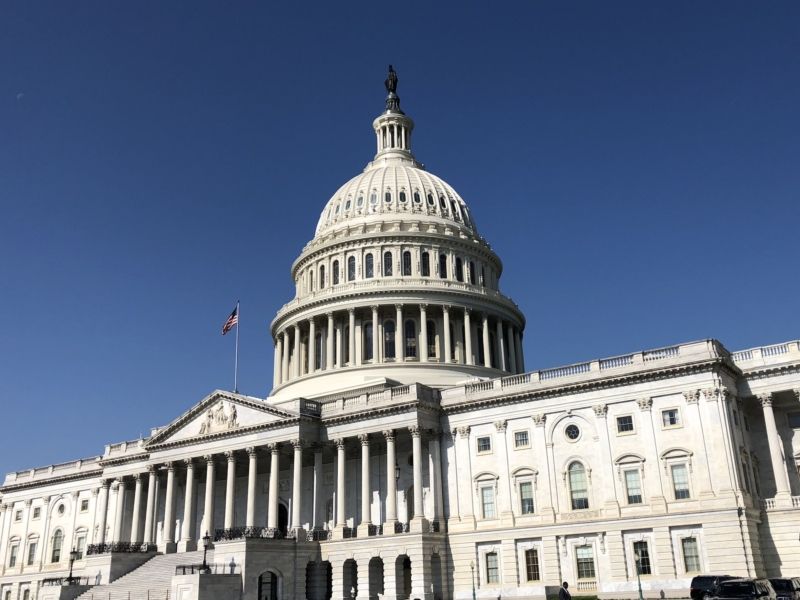Senate Committee Hearing on the SOAR Act

The Senate Energy and Natural Resources Committee held a legislative hearing on the Simplifying Outdoor Access for Recreation Act (SOAR Act), S. 1665; the Recreation Not Red Tape Act (RnR), S. 1967; and the Ski Area Fee Retention Act, S. 1723 on October 31, 2019.
Witnesses included:
Aaron Bannon, Environmental Stewardship & Sustainability Coordinator at NOLS
Lee Davis, Executive Director Outdoor Economy Initiative at Oregon State University
Brendan McGuire, Vice President Public Affairs at Vail Resorts
Chris French, Deputy Chief, National Forest System
Nikki Haskett, Acting Assistant Director for National Conservation Lands, Bureau of Land Management
Strong Support
Strong support was expressed for the SOAR Act throughout the hearing. Several notable moments are described below.
Senator Manchin (D-WV) asked the witnesses what happens when a permit expires due to a business or organization ceasing their operations. Aaron Bannon responded with an example of a permit held by Outward Bound (OB) in Red Lodge, MT that expired when OB stopped operating in the area. The permit was decommissioned by the Forest Service and the previously authorized service days were not redistributed to other interested parties. Senator Manchin expressed concern that this practice is limiting access to public lands.
Senator Daines (R-MT) described that Montana contains a patchwork of lands managed by different agencies. He indicated there is a strong need for a multijurisdictional permitting authority to enable outfitters and guides to cross easily from one agency jurisdiction to another without requiring a multitude of different permits. He asked Nikki Haskett, BLM, if a single permit makes sense for the government to save money and help people get outside. Ms. Haskett responded by stating the BLM supports the provisions in the SOAR Act that would allow multijurisdictional permitting.
Senator Heinrich asked Lee Davis, Oregon State, and Aaron Bannon, NOLS, if they could describe the cost recovery procedures used by the federal land management agencies. Both indicated the procedures for cost recovery are complicated and can result in very high costs for small businesses and organizations. Mr. Davis shared a story from his time as Executive Director at The Mazamas, an outdoor club in Oregon. He explained that The Mazamas were asked to provide a $14,000.00 cost recovery down payment to the Forest Service before permit processing could occur. As a result, the permit processing stalled. Senator Heinrich lamented the fact that complex cost recovery procedures and high costs are creating a significant barrier to entry for small outdoor organizations and businesses who are trying to serve the public.
Package of Recreation Bills
At the end of the hearing, Senator Murkowski, Committee Chair, indicated the Committee would be working in the coming weeks to put together a package of recreation bills as a vehicle for moving these legislative initiatives forward.
Recent Posts

Benefits of Facilitated Recreation

Reimagine Recreation: We need your support and input!

COA Submits Comments on NPS On-Line Permit Application System

SOAR Act Among Bills Likely to Receive Congressional Action this Fall

2023 Outlook for the SOAR Act

Proposed National Park Service Online Portal Will Modernize Commercial Use Authorization Applications and Reporting

COA Submits Comments on Forest Service Cost Recovery Rule

The SOAR Act: Reimaging our Federal Permitting Processes

AORA Passes Senate Committee
